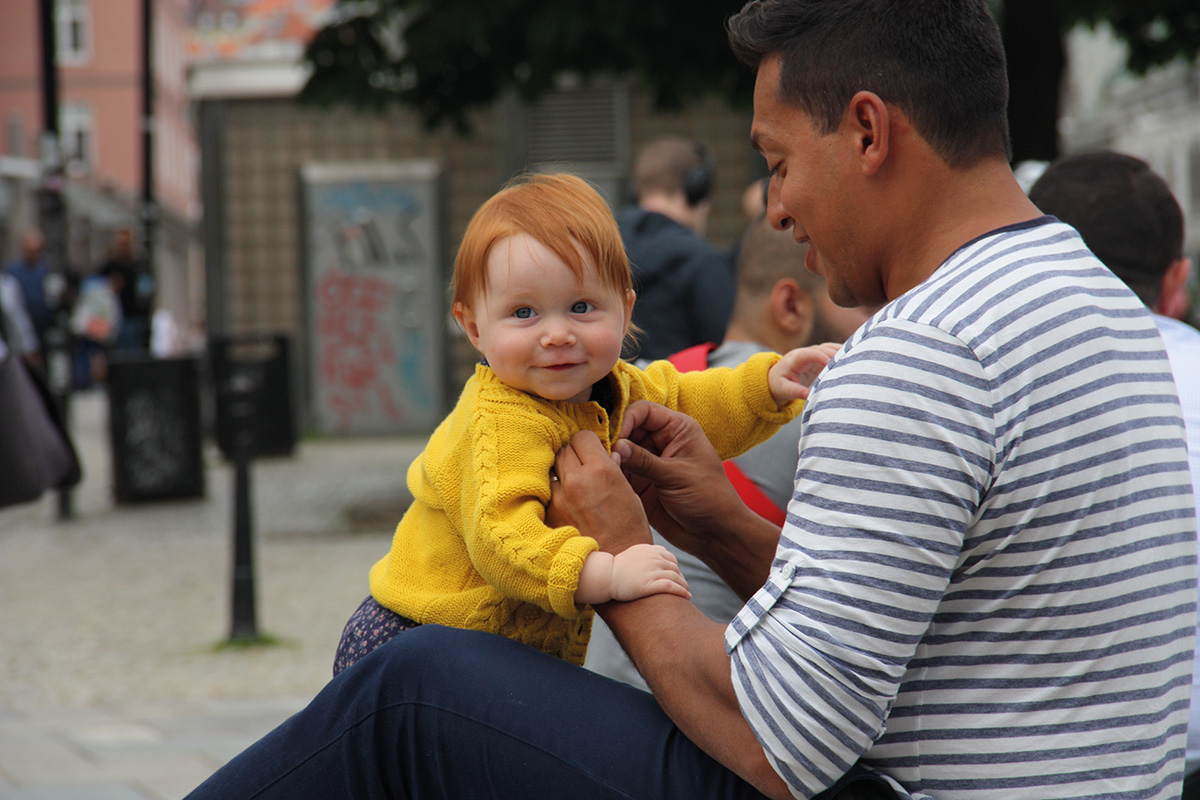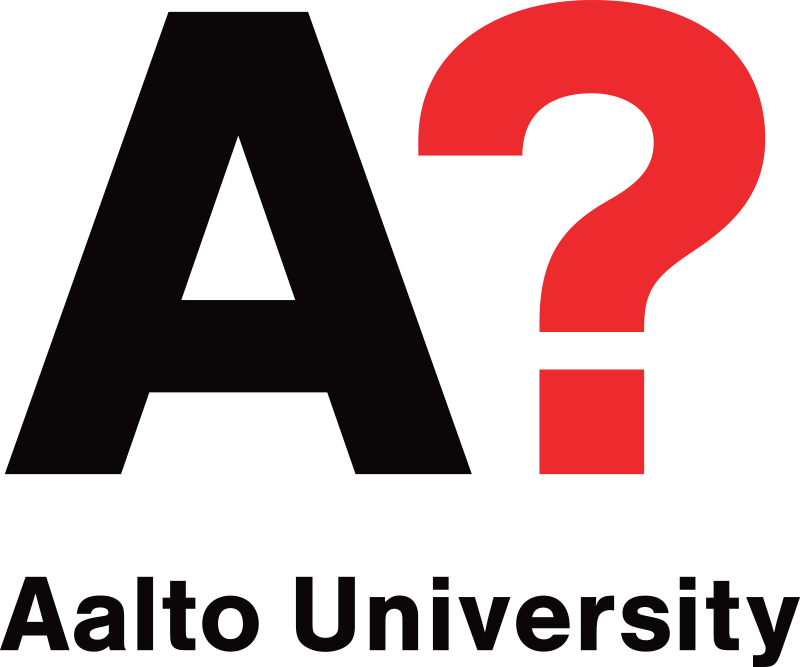
Three CEMS graduates from Aalto University in Finland, are building new entrepreneurial models to solve business problems while addressing societal challenges, and re-writing the rulebook on hierarchical structures. They are doing things differently, doing good while doing well, and doing their part to drive change.
There are currently more than seven million immigrants living in Europe.
For many of these people, professional and social prospects remain bleak. It can take years to find a job. And regardless of whether they are skilled, qualified or motivated, most refugees struggle to find employment outside of low-paid manual labour with poor conditions and poorer opportunities for professional growth and development.
Europe, meanwhile, faces a chronic shortage of skilled developers. As we become increasingly dependent on technology, the demand for people who know how to write code continues to outstrip supply across every sector and industry.
These two significant problems have coalesced into one significant business opportunity for an enterprising CEMS graduate in Finland.
CEMS graduate, Daniel Rahman, is the founder and CEO of Integrify, a developer programme for asylum seekers headquartered in Helsinki. This year, Integrify is training 100 immigrants JavaScript, React.js and Redux/Flux and preparing them for jobs in the tech sector in Scandinavia and beyond.
Solving two problems at once “When the refugee influx hit Finland it was clear that people were going to have a hard time finding work and integrating into society. So there was a problem there – a demoralised and potentially demotivated demographic. And a huge waste of human potential.”
A natural “problem-fixer,” Daniel saw the immediate potential to respond to the challenge of integration while delivering a solution to Finland’s lack of developers.
Since its launch in December, Integrify has trained a first cohort of software developers, some 70% of whom have gone on to find jobs either directly with tech companies or working for Integrify as consultants to third party clients.
The integration fast track
Integrify, says Daniel, is an opportunity for first-generation immigrants to enter the middle class – a process that historically takes years if not generations.
“We’re creating a shortcut to the middle class for people who deserve this chance. It has the potential to scale across other European countries facing the same problems, and it’s a humbling thing to witness.
Daniel is keen to share the understanding with other upcoming leaders and CEMS students: doing a business degree can yield opportunities well beyond corporate, consulting or finance.
Social entrepreneurship and starting up “with a conscience” can bring personal, professional, ethical and financial rewards while having a huge positive impact on world and societal problems.
And it’s a view shared by Alexander Pihlainen, CEMS graduate from Aalto, and President of Slush – an international tech and startup event, with a difference.
The startup community
“Slush is about helping next-generation founders find talent or mentors, connecting them to corporate clients and investors and ensuring the media discover their stories. But we also want to change attitudes about starting up.”
Back in 2008, says Alex, entrepreneurship in Finland particularly was hindered by a lack of funding, knowledge, passion and ambition on the part of young people. Slush was developed as an original concept to spark a radical change in attitudes, and forge new dynamics between investors and entrepreneurs, built on positive attitudes and synergies – and a shared commitment to delivering positive impact.
Slushis more a community of people who want to give something back and who love what they do, says Alex. And he is optimistic about his generation’s ability to deliver on this kind of commitment.
“I think with my generation, there is a sea change in attitudes towards the way that business can be done and the kind of impact it can have. There is a sense of responsibility as a priority that we haven’t seen perhaps so clearly articulated by previous generations.”
And operating responsibly has come with its rewards.
Since its inception in 2011, Slush has grown from a 300-person gathering to a global community that organizes more than 75 events with 40,000+ attendees all over the globe.
Part of this success, says Alex, is down to the community dynamic behind the business model.
“We are a very flat organization. We operate as a community of more than 2000 volunteers and this makes us totally unique.”
Fellow Aalto graduate, Julianna Alanna, has experience of this too.
Julianna is the account lead for Brazil of Smartly, an automated advertising and social campaign platform that partners with Facebook.
A new kind of culture
Like Slush, Smartly is a flat organization.
Colleagues work in autonomous teams without managers; culture, says Julianna, that encourages both transparency and individual responsibility.

“In today’s start up and scale up spaces there are so many things to be done, everyone has a responsibility to do different things at once. Jobs are not pre-determined in the traditional sense, and you have to grow into your role, pivoting and adapting as needs change. With Smartly I saw a ‘speed lane’ opening up to take on responsibility to do my part to grow the company. The learning curve is amazing.”
The “new culture” of horizontal organisations, says Julianna, is a major draw-card for young, upcoming leaders like herself who are starting to eschew traditional business hierarchies where “asking permission” is an obstacle to learning and to “owning your progress and your mistakes.”
“There’s a real appeal here. The culture is such that people want to join us for the freedom we have within the organization, and customers want to work with us because of the transparency we offer. This breeds an environment where things happen fast. We’re scaling up quickly, implementing innovations as quickly as they are designed, making mistakes and owning them – and learning from them.”
As digital technologies have reshaped the marketing sector, Julianna acknowledges that “mistakes” have been made along the way. Facebook and other disruptive organisations have come under scrutiny for perceived misuse of data and breaches of privacy. The issue is speed.
With technology changing the playing field exponentially, all sectors – especially digital marketing and the start up spaces – are increasingly prone to volatility and uncertainty. Maintaining a focus on transparency, inclusion and personal responsibility acts as a kind of navigation system, says Julianna; one that can steer organisations towards more sustainable success.
And she believes that her own generation is well placed to drive this culture.
“CEMS students appreciate diversity and inclusion,” she says.
“In the CEMS programme you gain the experience to cope with uncertainty, to manage disorganized things and to use them in a positive way. Our generation is learning. We are building things. And we are making things happen.”
CASE STUDY / PAID PARENTAL LEAVE: ROBERT CHRISTENSEN

CEMS graduate Robert Christensen is an investment banker with DNB Markets, Inc. He is an advocate of extended paid parental leave for both mothers and fathers, and he took 14 weeks leave with his daughter last year.
Many companies recruiting CEMS graduates see extended leave as a recruiting and retention tool, he says, making the business case for more inclusion. However, there is still some way to go.
“The majority of prospective parents are part of a two-career couple. Many of us find the “homemaker/breadwinner” model of family and work life outdated. You will have to accept that there will be more and more fathers who will take time off.
“If the government is not offering paid parental leave, understand the proven business case, an implement an extended gender neutral leave in your firm. If your firm is offering equal leave for all parents, create a culture where the average length of parental leave, is the same for dads and mums. Nobody should be afraid of going to the boss to tell that he or she will take a 20-week or longer leave. Nobody should be punished when they return to work.
“What it is ultimately going to mean for you and your organization is a healthier and better functioning workplace.”
